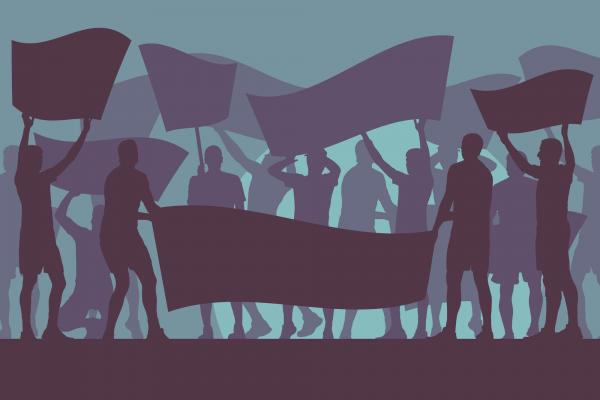Mar 3, 2017
This time of crisis may also be a time of opportunity for people of faith, as the Matthew 25 Pledge and other calls to action are asking. Of course, U.S. faith-based activism played a critical role in the abolition movement, the labor movement, the civil rights movement, and many other historic efforts to fulfill the gospel message. And Trump’s unlikely ascendance to the presidency is prompting some social movement experts to point back to the faith community for next steps.
Read the Full Article

Already a subscriber? Login
